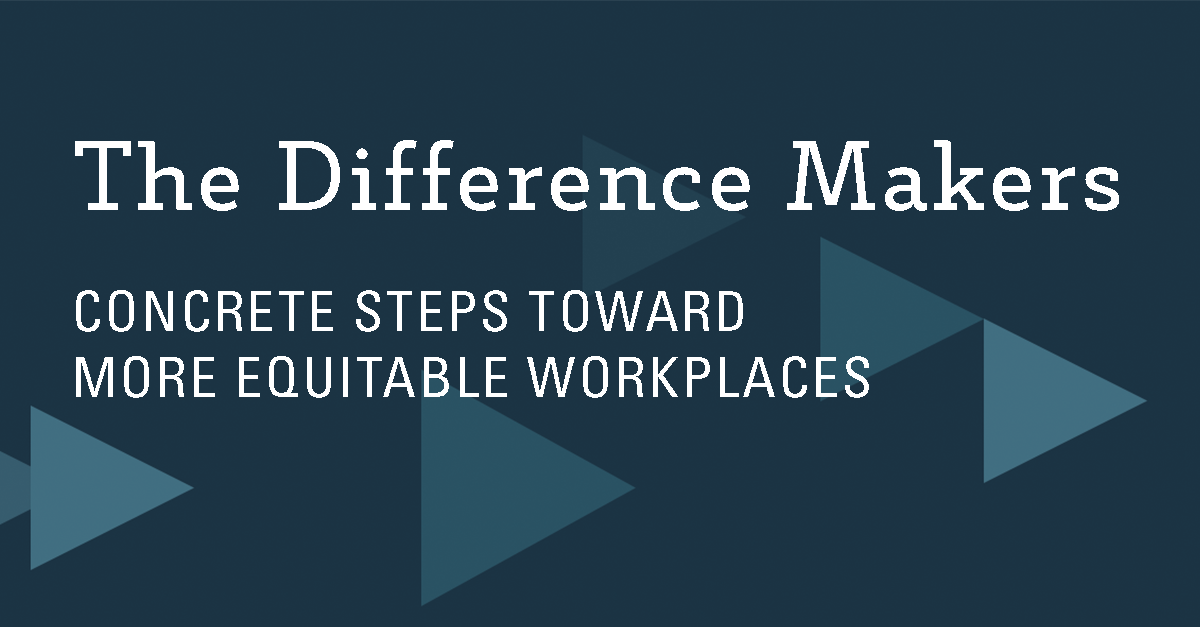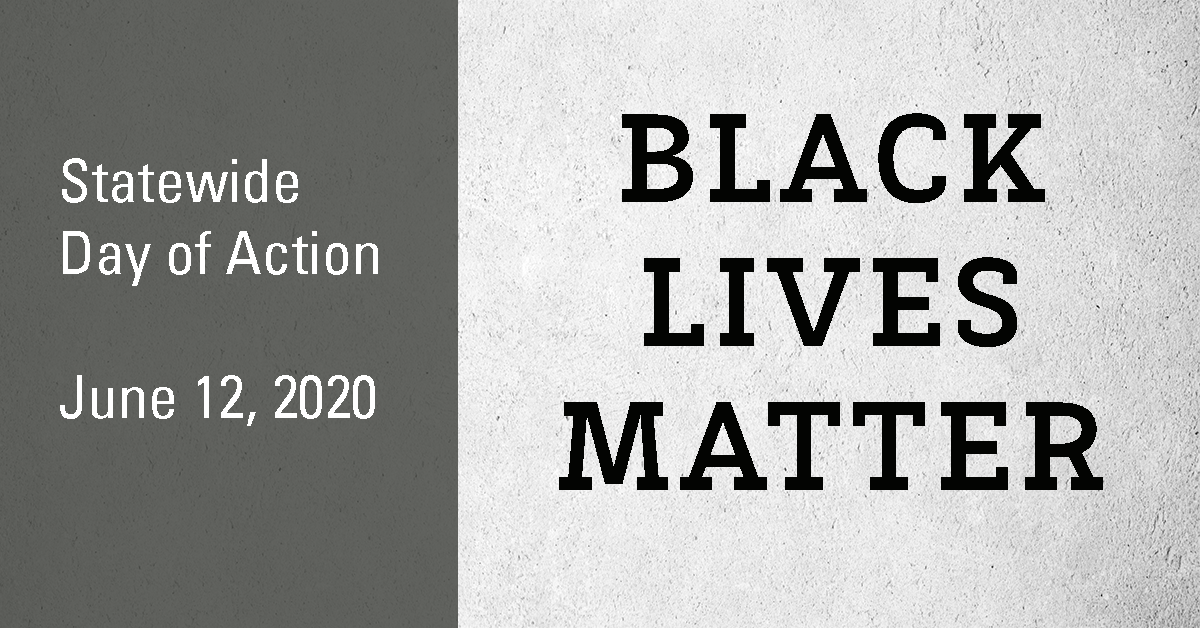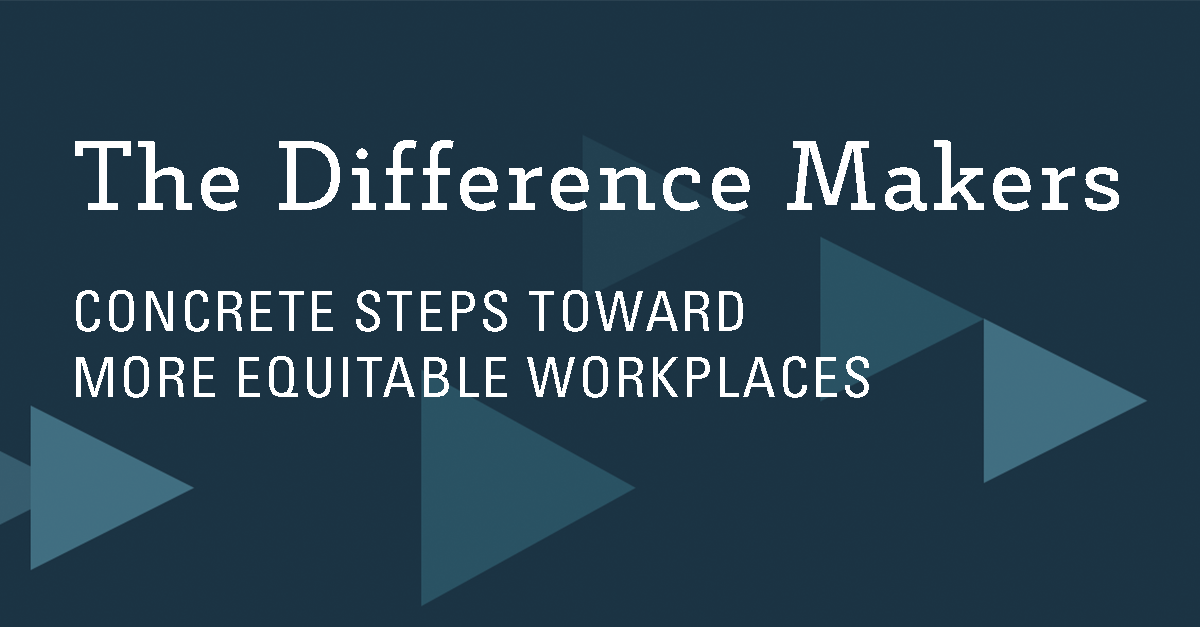Statewide Day of Action - Friday June 12, 2020
PayNorthwest offices will close at 12:00 p.m. on Friday June 12, 2020 In observance of a call by Black Lives Matter Seattle-King County for a...

The Difference Makers series highlights PayNorthwest clients who are going above and beyond in creating diverse, inclusive and equitable workplaces. Consider applying the ideas highlighted here to your own organization!
PayNorthwest could not be prouder to highlight Byrd Barr Place (www.byrdbarrplace.org) as one of our Difference Makers. One of Washington’s oldest community organizations, Byrd Barr works to build a more equitable future for all Washingtonians through services and advocacy that enable people to live healthier, more prosperous lives. Each year, Byrd Barr provides essential safety-net services to more than 20,000 Seattle residents who are struggling to make ends meet. They help families and individuals put food on the table and roofs over their heads.
We noticed that Byrd Barr was particularly attuned to recent renewed focus on anti-racism, social justice and the Black Lives Matter movement when our service team was asked to make a few adjustments in the system, creating a company-wide holiday for Juneteenth, as well as setting up paid time off for employees to take to reflect and participate in local protests of police violence against Black people.
This should have come as no surprise, points out Andrea Caupain Sanderson, CEO of Byrd Barr Place. “Byrd Barr Place came out of the political activism of Seattle in the 1960s, relating to redlining that was occurring in the Central District [of Seattle] at that time.” In fact, Byrd Barr is named after Seattle’s Roberta Byrd Barr, a prominent Black educator, civil rights and community leader and television personality. Face to Face with ROBERTA from BlackPast.org
Byrd Barr Place’s challenge of providing food, energy and housing assistance has only grown with the COVID-19 pandemic which has hit communities of color disproportionately hard. The number of households seeking food from Byrd Barr’s foodbank has grown from 500 pre-pandemic, to 800 in August of 2020, to an expected 1,100 households by February 2021. Requests for heating assistance has gone up by a third.
At the same time, donated food from restaurants and grocery stores, which are an important source of donated food, has been reduced because of those business’ struggles. In addition, the availability of volunteers to help with food distribution has been reduced because of COVID concerns and restrictions. Byrd Barr is now spending $10,000-$15,000 per month just for food to distribute, where prior to COVID, 100% of the food they distributed was donated. And to fill the volunteer gap, Byrd Barr had to get creative, even utilizing the help of six National Guard Soldiers who were made available to them.
Caupain Sanderson points out that Byrd Barr works at the intersection of poverty and racism. As such, the organization needs to really walk the talk when it comes to its workforce and related policies and practices. She continues, “We are a Black-led organization, our CEO has always been a Black person and our Board is set up to always be at least 50% Black.”
Byrd Barr Place is an old hand at creating a diverse, equitable and inclusive workforce, going well beyond the basics of tracking diversity in hiring and pay equity. Byrd Barr dedicates attention and intention to developing equity, empathy and understanding among its staff. Byrd Barr sets aside one day every quarter for interpersonal and emotional intelligence work among its staff. Training and development sessions extend to topics such as discussing differences in family of origin or working with peace-making techniques borrowed from Native American traditions.
The idea is to expand the staff’s capacity for empathy and to help everyone examine their own biases and blind spots. This work does double duty in making the staff at Byrd Barr a higher functioning team and better able to serve their dynamic and diverse community.
Helping the marginalized and people of color in their community is built into the organization’s DNA. However, the needs and make-up of the community it serves keeps changing, requiring Byrd Barr to continually refine and revise how it serves its community and how it addresses root causes of poverty such as the inequalities in access to social services, opportunities and resources.
The work never ends, and Byrd Barr is committed to the long haul. Andrea offers a final note of optimism, “We stay in a place of hopefulness. We don’t use a cookie cutter approach. We inherited this [systemic racism and poverty] and try to maintain a sense of partnership and curiosity in solving community problems.” We are inspired by these words and the exceptional work of Byrd Barr Place.

PayNorthwest offices will close at 12:00 p.m. on Friday June 12, 2020 In observance of a call by Black Lives Matter Seattle-King County for a...
1 min read
PayNorthwest stands firmly with the Black community in saying Black Lives Matter and that we must do better. This is not a trend, but a movement, and...

2 min read
Spotlight on School’s Out Washington The Difference Makers series highlights PayNorthwest clients who are going above and beyond in creating diverse,...